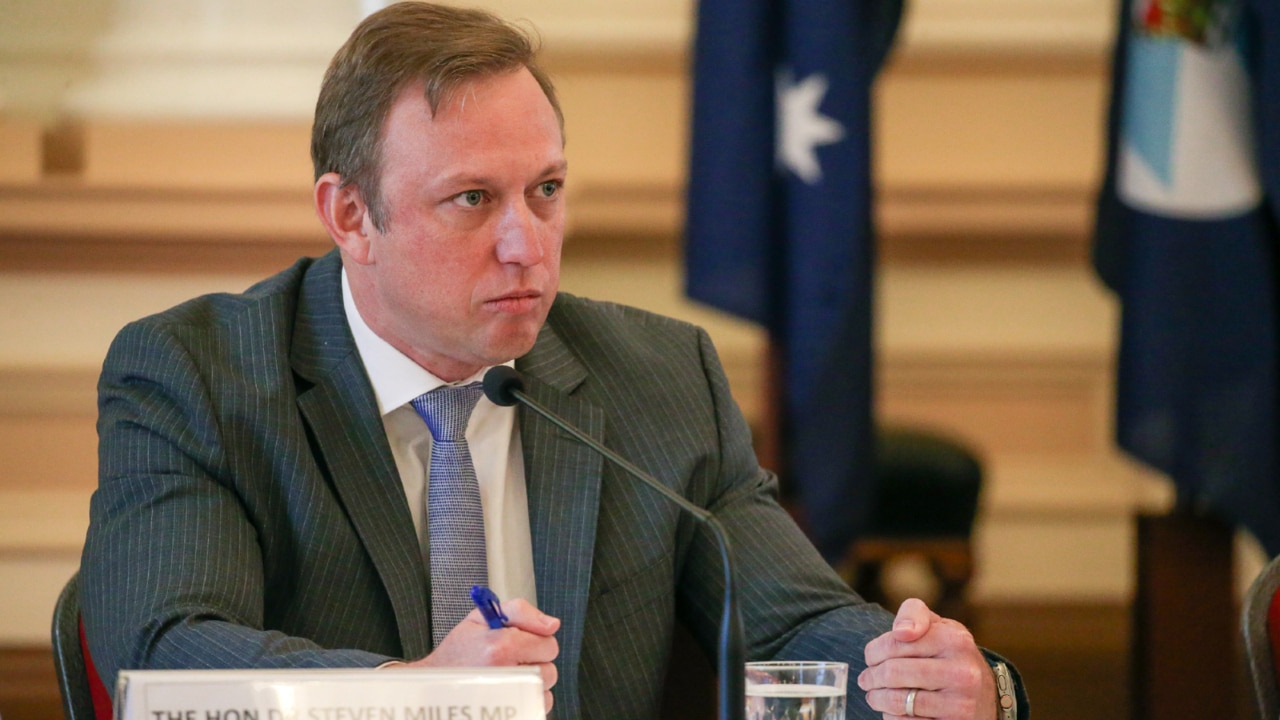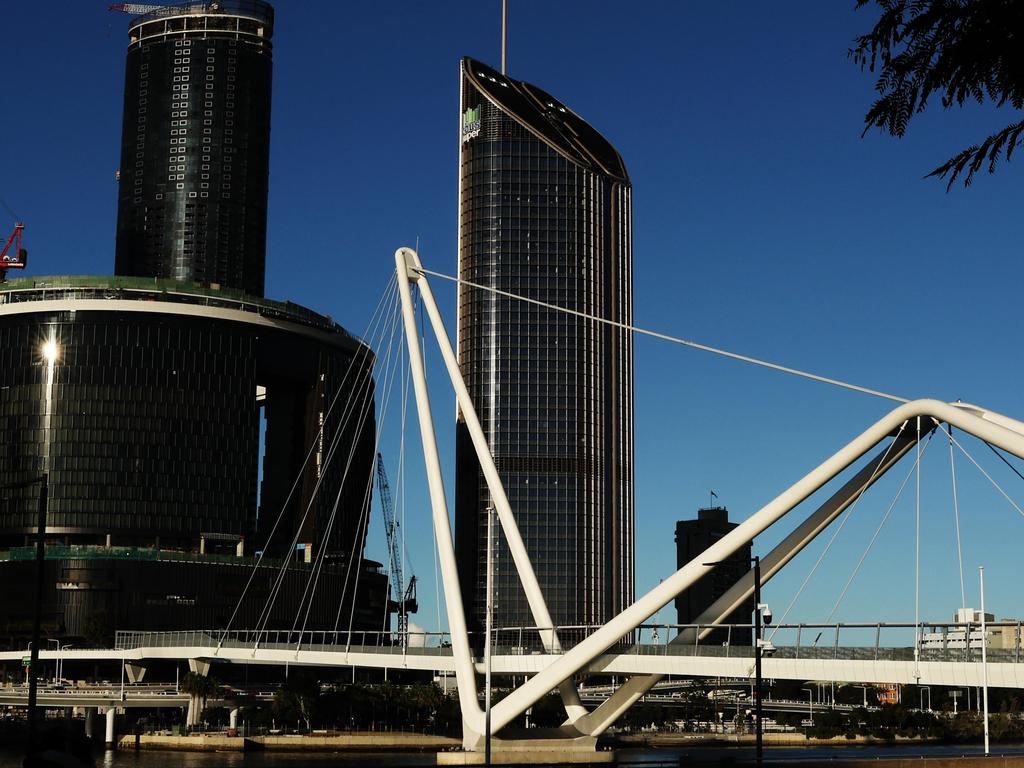Qld election 2024: Government digital services need overhaul, says peak body
A peak body has called on whoever forms the next Queensland government to undertake a full audit and cleanout of one aspect of the public service.

A peak body has called on the next Queensland government to undertake a full audit and update old technology, claiming the state’s public servants get less work done due to ancient computer systems.
The Australian Information Industry Association, which represents those employed in Australia’s technology sector, has urged the state government to focus on improving its digital tools ahead of the upcoming election in October.
It also recommended an efficiency audit of the Queensland government’s services offered to citizens.
AIIA chief executive Simon Bush said in the last two terms, the Queensland government has not shown interest in the digital economy.
“The elected Queensland government needs to prioritise digital service delivery for its citizens and have a clear strategy and investment road map, and obviously with the matching jobs and skills agenda to support that,” Mr Bush said.
“When a Queenslander rings up the Department of Transport and Main Roads or rings up one of the government agencies … the systems that they’re using are very old.
“They don’t have a good view of the customer, they’re the opposite of what the banks or the telcos have – which is a seamless, consolidated view once you identify yourself.
“It makes it really hard for the person on the phone to support the citizen ringing up because the systems they’ve got are so old, the data is not very well maintained, and it’s poor quality.
“Queensland has lacked leadership funding and frankly, interest, which has resulted in a haphazard and silent approach to digital government service delivery and is one of the poorer performing state governments.”

Griffith University technology expert David Tuffley said the majority of Queensland’s public service departments are using decade-old legacy systems.
“The short answer is yes. They definitely would need to upgrade. And so the situation that almost certainly exists today in the public service is they will have a whole lot of legacy systems.
“Which are what we call the (systems) that have been used for quite a long time, like 20 plus years, and have been upgraded and fiddled with and sort of brought to the current day by making modifications to it.
“The thing is that if it still works, then the government is loath to replace it, because to start again is expensive.
“The people who are currently working in there are people who know the old systems and can wrangle it to do what it needs to do, albeit at a fairly less than optimal way. And the longer it goes, the less optimal it becomes. We will start to lag behind.”
Mr Tuffley said while he believed the public service sector’s technology should be upgraded, the Queensland government’s level of cyber security was “reasonably good”. “I think they must be doing a reasonably good job because we aren’t hearing about any great leaks going on. I think the people are doing a pretty good job with the resources they have. But there is going to be a shortfall because scammers think of new innovative ways of scamming people. “Our defences need to be formidable as well, and I am not sure that there is enough funding to make them strong enough.”
The AIIA also revealed only half of the 67,000 extra technology workers needed by 2030 expected would be produced through education and reskilling as according to the Australian Computer Society Digital Pulse 2023 report.
67,000 employees are required to keep up with international counterparts in the digital space, however, the ACS reported only 27,000 would be produced by 2030 if the Queensland Government do not improve the current level of upskilling and training for those wanting to enter the technology industry.
Queensland Digital Services Minister Bart Mellish said the government would continue to invest in the technology, systems and digital services that will benefit Queenslanders through our $200 million Queensland Digital Economy Strategy.

“As the Minister for Digital Services, I’m pleased that Queensland’s digital progress has been recognised by the Intermedium Digital Government Readiness and Maturity Indicator Report, released on 25 July 2024,” Mr Mellish said.
“It shows that Queensland ranks fourth of 10 jurisdictions, up from 9th in 2023.
“These results are attributable to the Queensland’s digital licence and extensive Queensland Government Enterprise Architecture and AI initiatives, with Queensland Government’s Customer and Digital Group developing various AI tools and resources in 2024.”
A Department of Transport and Main Roads spokesman said the state Government recognised the importance of a reliable and secure digital environment for efficient service delivery to Queenslanders.
“We pride ourselves on the high volume of daily transactions conducted smoothly and acknowledge that there is no room for complacency,” the spokesman said.
“The Queensland Government’s Digital Economy Strategy and Action Plan is focused on modernising our technology and systems, and improving the way we use data to inform how we design and deliver public services through a range of initiatives across government and agency-specific investments.”
The spokesman also confirmed there has been no impact on wait times for the Queensland Government contact centre with the average wait time being 54 seconds.
“Contemporary digital government services that are customer centric and digitally inclusive is a key priority of the Queensland Government’s Our Thriving Digital Future: Queensland Digital Economy Strategy,” they said.
“Queenslanders expect easy, convenient, secure, and personalised experiences that are available digitally and supported across other customer touchpoints such as phone and customer service counters.”




